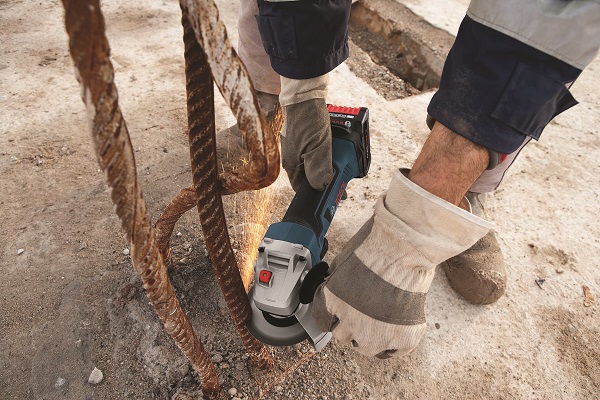If you work in any industry that involves manufacturing using machinery, be it heavy duty vehicles or delicate devices used to make small items, you’ll know that your equipment is crucial to your enterprise. Machinery can be expensive and difficult to buy, operate and maintain – which is all the more reason to keep it working properly, safely and to a high performance level.
In this blog we will discuss how to make sure your machinery can last as long as possible to serve your business both financially and in terms of quality.
Maintenance
No matter what your equipment is – it could be a company vehicle, factory equipment or waste disposal machinery – it needs to be properly maintained in order to survive its full lifespan. You can’t neglect machinery and expect it to carry on like normal; it needs to be consistently invested in by your company.
Here are a few tips for maintaining company machinery for top performance and longevity.
-
- Follow the guidelines for professional maintenance. It’s easy to look at a piece of machinery that’s working fine and assume you can skip the advised maintenance. However, problems can arise from issues that aren’t visible for many weeks, or even months.
- Training employees for proper use of machinery. One thing that wears down your machinery is it being used in an improper manner. Making sure to invest in legitimate training for all employees operating machinery can keep it running smoothly for longer.

Safety Assessments
The next important step for maintaining your machinery’s longevity is safety assessments. Whomever in your company is qualified to carry out these assessments should do so on the exact date required, carried out to the letter.
Not only will this help make your equipment last longer, but it will also ensure compliance at every stage. Having machinery owned and operated by business employees means that, if an injury is sustained or the machinery is damaged, your company will be liable for damages.
In order to claim insurance and back up your company’s compliance, documenting regular safety assessments will make sure you don’t come up short in an extreme situation.
Consulting manufacturers when issues arise with OEMs
Lastly, it is crucial to go to the source if there is an issue with machinery. Sometimes it takes a manufacturer’s opinion and expert care to restore a piece of equipment to its original performance level.
Your machinery should come with a warranty that allows you to consult manufacturers if there are issues with it down the line.
Even for small pieces of equipment, the manufacturer of an OEM, such as a compressor parts manufacturer, can provide insights that even trained employees may not be able to give. Maintaining a relationship with your OEM provider can give you access to their advice when you need it most.
Final Thoughts
Maintaining and updating expensive machinery can be a weighty responsibility. If you are looking for ways to break down the task more easily, allow this blog to help you ensure you’re doing all you can to improve safety and longevity.




Join the conversation: